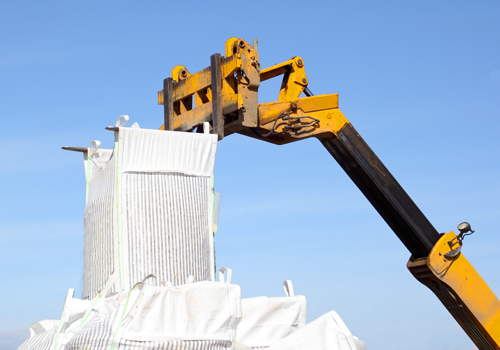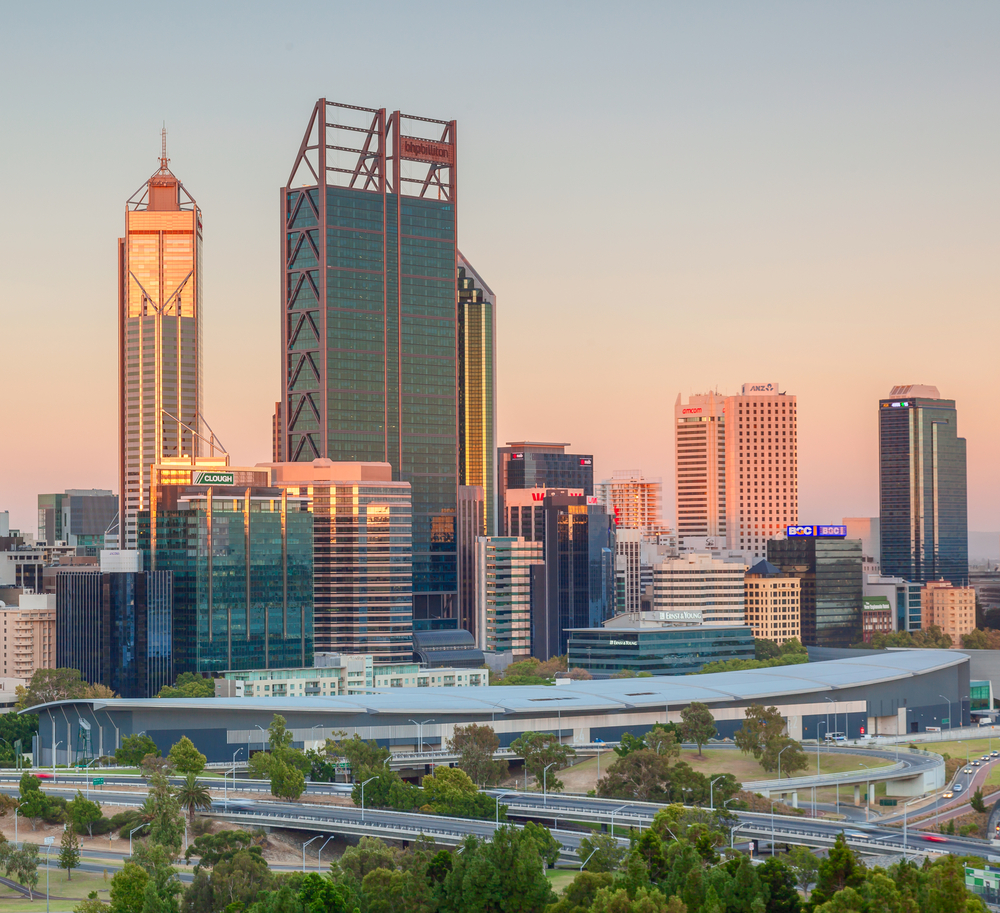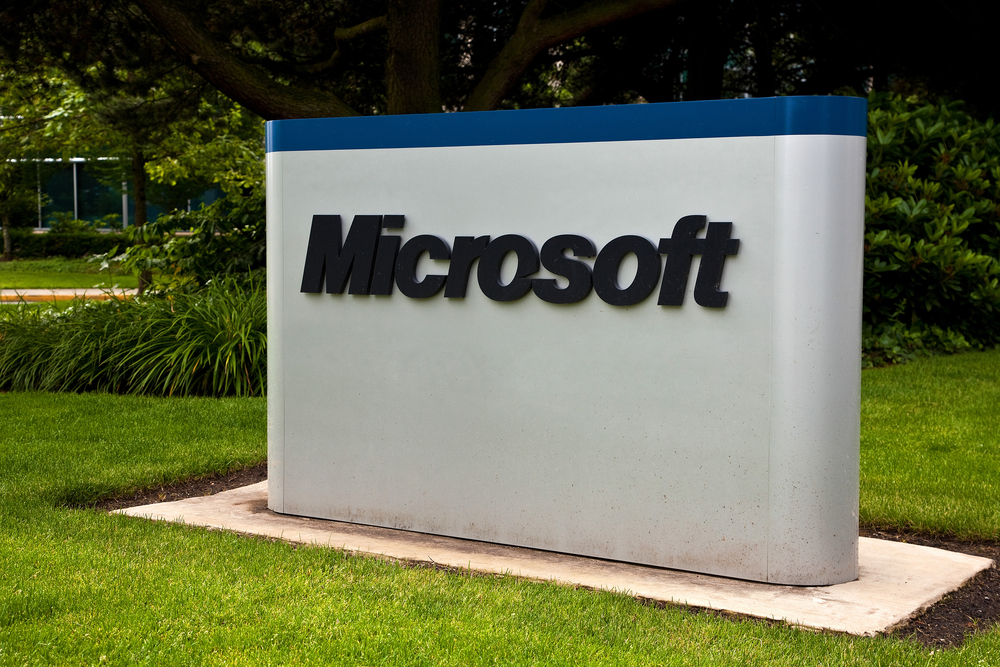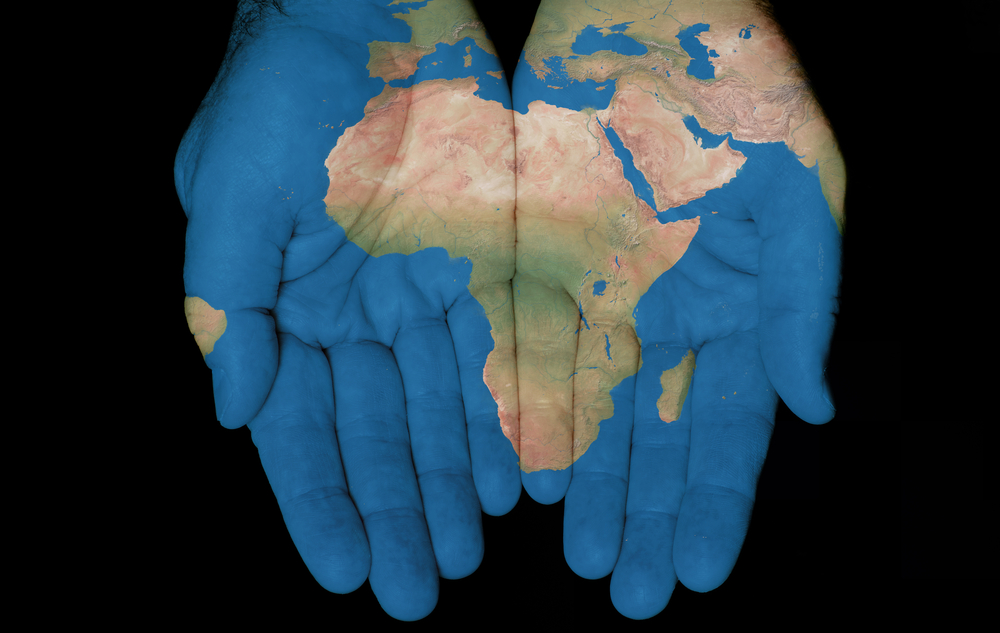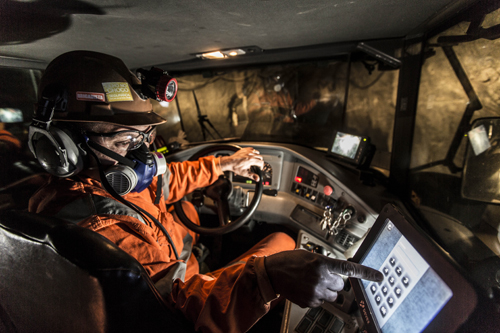
At the moment, though Devex has opened a few offices in other countries where clients have adopted its systems, it is firmly a Brazilian company, with 85 percent of its $35 million annual revenue generated domestically. However there is no better seed-bed for new technology than Brazil, and forward thinking global mining groups are now taking notice of Brazil not just as a country with huge resources to extract but as a developer of smart ways of doing that.
DOWNLOAD
 Devex-AM-Mining-Aug13-Bro-s_0.pdf
Devex-AM-Mining-Aug13-Bro-s_0.pdf



